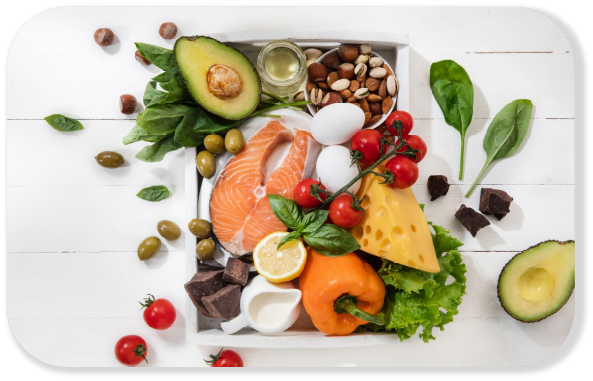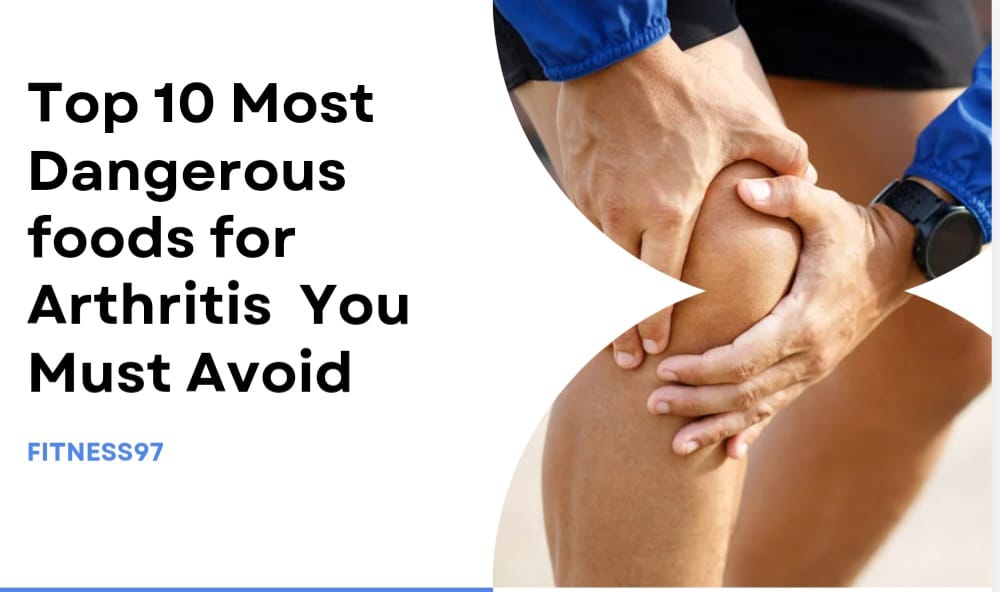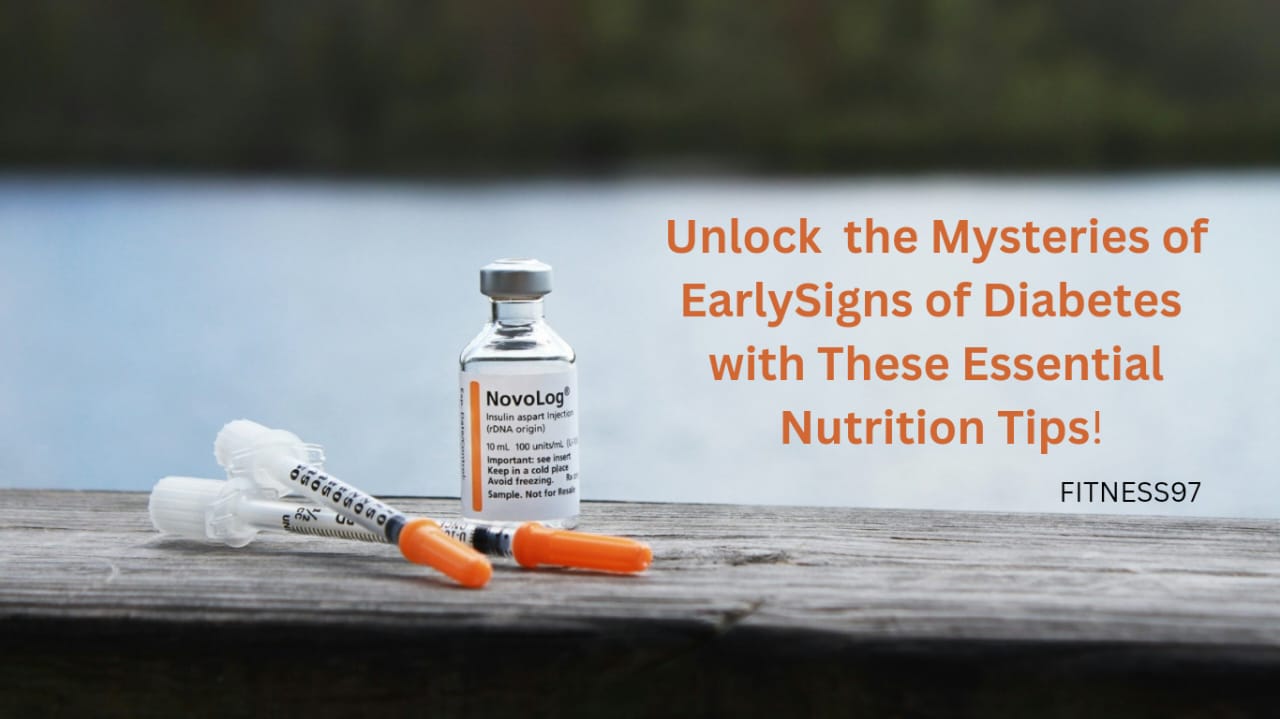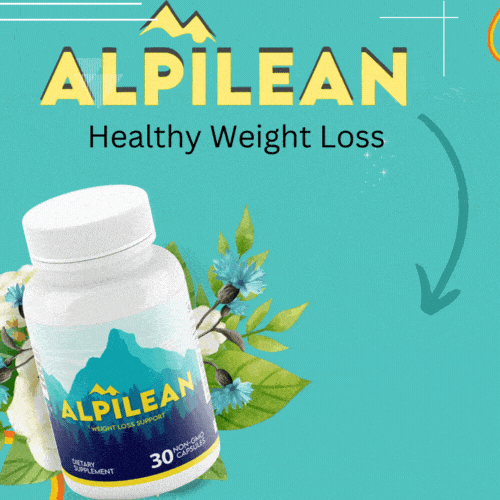Once-demonized fats are now back with a bang. There was a major cut back on fats back in the 80s and 90s, due to all that craze about slim figures. But thanks to recent advancements in research and various diet plans, fat is back in our diet.

But the question arises, how much? Because even if you consume protein more than you need, it’ll backfire. So, what could be the optimal amount of fat one should consume per day? And what type of fats are out there in our food? Which ones make us fat and which ones are good for us? This article is going to become way too handy if you are looking for answers to the above questions. Let’s go.
What is fat?
Believe it or not, it’s one of the macronutrients of your diet. Means? It’s necessary for your body to perform its functions. Your body uses them as energy bars to keep working.
Types of fats
First let’s get clear about the types of fat, and their good or bad nature.
1. Saturated fats
They are animal-based fats, usually from whole milk, cream, cheese, butter, beef, eggs, and also from some plant-based foods like coconuts. Processed foods mostly contain saturated fats such as in cakes and pastries. They are the ones considered harmful to our health.
2. Unsaturated fats
They are usually found in plants and their products. These fats are easy to consume by incorporating them into our day-to-day cooking, by using plant-based oils. They are further subdivided into two types:
- Monounsaturated fats
- Polyunsaturated fats
Monounsaturated fats: These fats contain omega-6, which is good for our skin. These fats also improve our nervous system while keeping our brain cells healthy. They keep your cholesterol levels under check that’s why they are known as “heart-healthy fats”. These can be found in olive oil, almonds, hazelnuts, peanuts, avocados, and beef.
Polyunsaturated fats: These fats are rich in omega-3 which maintains the integrity of the cells in our body. They are also reported in reducing the inflammatory response in the body. They can be found in, chia seeds, salmon, walnuts, flax seeds, anchovies, and mackerel.
3. Trans fats
These are highly processed man-made fats. Processed food items are full of these fats, as companies add a lot of trans fat to increase their shelf life. Trans fats are known to cause high cholesterol levels, and they are the ones you should avoid at any cost. Especially if you’ve any underlying heart disease. Trans fats can be found in fast foods, baked foods and margarines.
Are there any benefits of fats?
Fats are not bad, instead, they do have some benefits that can’t be ignored. A list of those benefits is given below:
- An excellent source of energy
- Involves gene regulation for hormonal production
- Improves brain activity
- Helps in the absorption of vitamins in the body
- Keep our bodies insulated and warm
- Fights inflammation
How much fat per day should one consume?
The idea is to add fat to your daily diet plan along with carbohydrates and proteins. The total intake of fat per day depends on everyone’s body requirements and their weight loss plan. You can consult a nutritionist to optimize your intake of fat in your daily routine or you can start adding fat to your diet by following these simple rules.
Start with the basic rule of consuming 25-30% of your daily calorie intake from beneficial fats. For that, 15-20% of calories should be consumed via monounsaturated fats. Polyunsaturated fats shall contribute 5-10% towards your total calorie count. Saturated fat should be kept within limits, and not more than 10% of calories shall be consumed by these fats. Trans fats should be avoided in any circumstances.
Conclusion
Fats are not demons, they serve as an important part of our diet to maintain our body functions, and keep us nutritionally fulfilled. Eating the right amount of fat with the right amount of meals can actually reduce your risk of diseases. Do not go for extra, but always keep some fat in your life.

I look up to fitness as a lifestyle and love to pen down about it. I have 2 years of experience in content writing and I am here to share my research and knowledge on health and fitness.













